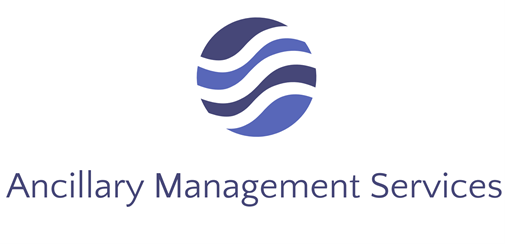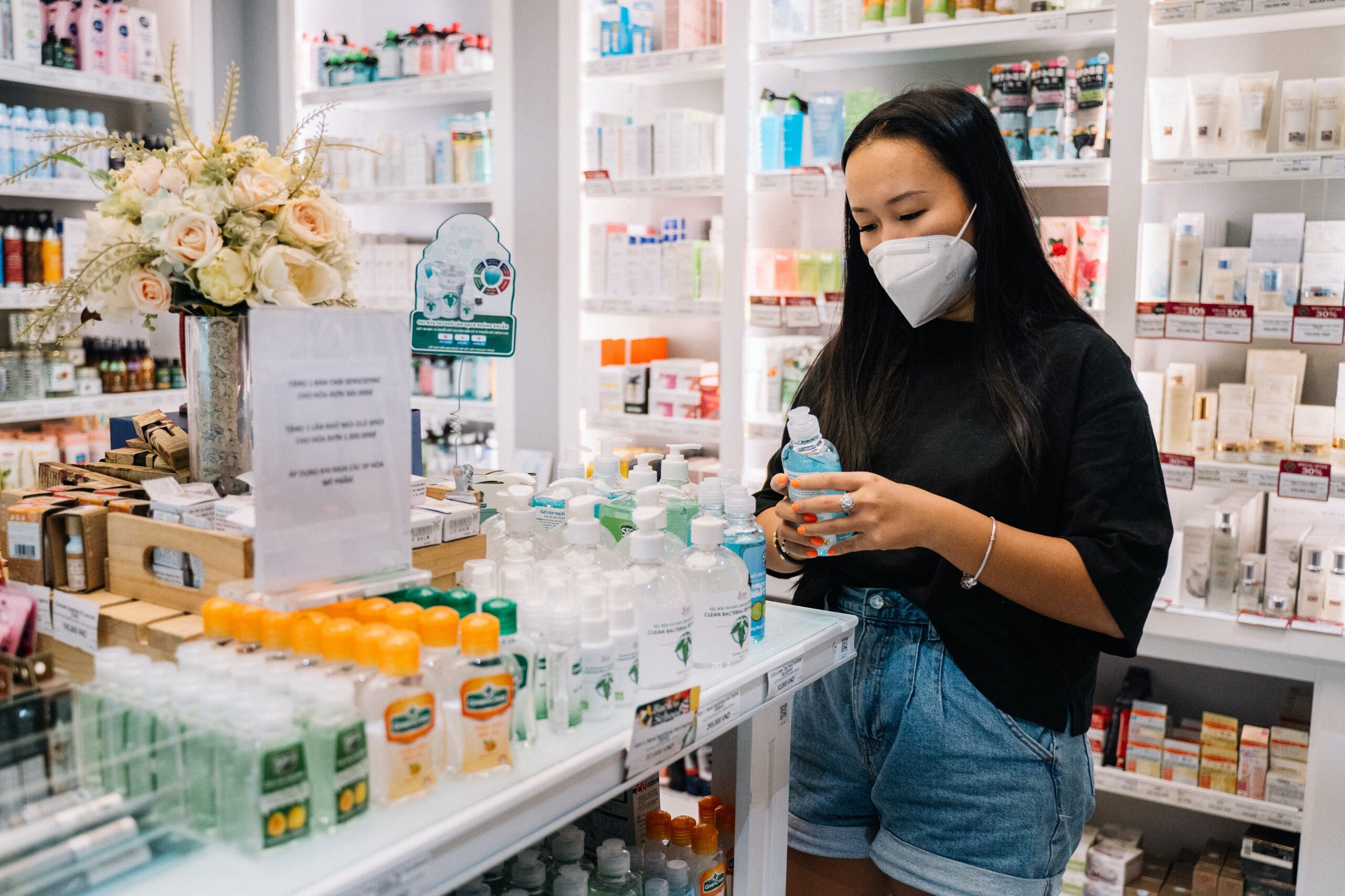Stocking essential, common medications on your clinic premises is a great way for physicians to provide more comprehensive and efficient care to their patients. Medical clinics should consider stocking these vital medications, ensuring immediate access and elevating the quality of patient care.
In-office dispensing is the system of preparing and delivering prescription drugs to patients within the physician’s office. This means that patients can receive their medications directly from their provider while they are at the clinic during their appointment. By keeping medications in-office, doctors can save their patients the stress and hassle of a trip to the pharmacy. This process allows doctors to have a more direct role in getting prescriptions to their patients. It also serves as an extra source of income for the practice.
Here are 10 reasons for medical clinics to stop important common medications:
1. Ensure Prompt Treatment
Medical emergencies and urgent care needs can arise at any time. Stocking essential common medications allows clinics to provide immediate treatment so patients receive the care they need without delay. Whether it’s pain relief, allergy management, or a sudden illness, having medications readily available can make a significant difference in patient outcomes.
2. Enhance Patient Convenience
Patients often seek convenience in healthcare services. By having essential medications on hand, clinics eliminate the need for patients to visit a pharmacy separately, saving them time and effort. This added convenience can lead to increased patient satisfaction and loyalty.
3. Boost Medication Adherence
Medication adherence is a critical factor in the success of treatment plans. When clinics stock common medications, patients leave with their prescribed drugs in hand. This immediate access encourages adherence by removing barriers like transportation issues or pharmacy wait times.
4. Foster Patient Trust
Patients trust healthcare providers who can provide comprehensive care, including medications. Stocking essential drugs in your clinic demonstrates a commitment to patient well-being. It reassures patients that their needs will be met promptly and professionally, enhancing the patient-physician relationship. They can ask questions and you or other clinic staff can provide clarifications on the spot, which is important these days when people are more reluctant than ever to use the telephone.
5. Streamline Clinic Operations
Having a stock of common medications within the clinic can streamline operations. Physicians can efficiently manage patient needs without the administrative overhead of pharmacy interactions or prescription calls. This efficiency allows clinics to optimize their resources and improve overall patient care.
6. Have a Stockpile on Hand
Unforeseen situations, such as drug shortages or supply chain disruptions, can impact medication availability at local pharmacies. Having a stock of essential medications as a contingency plan ensures that patients won’t face interruptions in their treatment during such events.
7. Enhance Your Emergency Response Capabilities
In emergency situations within the clinic, immediate access to essential medications can be lifesaving. Whether it’s an allergic reaction, an asthma attack, or any other acute condition, having these medications readily available enables clinics to respond rapidly and effectively.
8. Support Chronic Disease Management
Many patients visit clinics for the management of chronic conditions. Stocking essential medications for these conditions ensures consistent access and allows physicians to make necessary adjustments to treatment plans during appointments, resulting in better disease management.
9. Create Patient Education Opportunities
The presence of medications within the clinic creates opportunities for patient education. Physicians can explain the purpose of each medication, how to take it correctly, and potential side effects. This education empowers patients to take control of their health and adhere to their treatment regimens.
10. Efficient Resource Allocation
Stocking common medications in the clinic allows for more efficient resource allocation. Clinics can purchase medications in bulk at competitive prices and minimize wastage by controlling inventory. This can translate into cost savings and better financial stability for the clinic.
Elevate Patient Care with Direct Dispensing
Incorporating a stock of essential, common medications into the clinic’s offerings is a strategic move that benefits both patients and healthcare providers. It ensures prompt treatment, enhances patient convenience, boosts medication adherence, fosters trust, streamlines operations, and supports emergency response and chronic disease management. Additionally, it creates opportunities for patient education and efficient resource allocation.
Physicians and clinic administrators should carefully consider the medications to stock based on the clinic’s patient population, common conditions treated, and treatment guidelines. Collaboration with pharmacists can help ensure the safety and appropriateness of the medications chosen for stocking.
Stocking important common medications within medical clinics is a proactive approach to elevating patient care. It aligns with the principles of patient-centered care, ensuring that patients receive the treatment they need promptly and conveniently. By making essential drugs readily available, clinics contribute to better health outcomes, increased patient satisfaction, and a stronger healthcare ecosystem.

